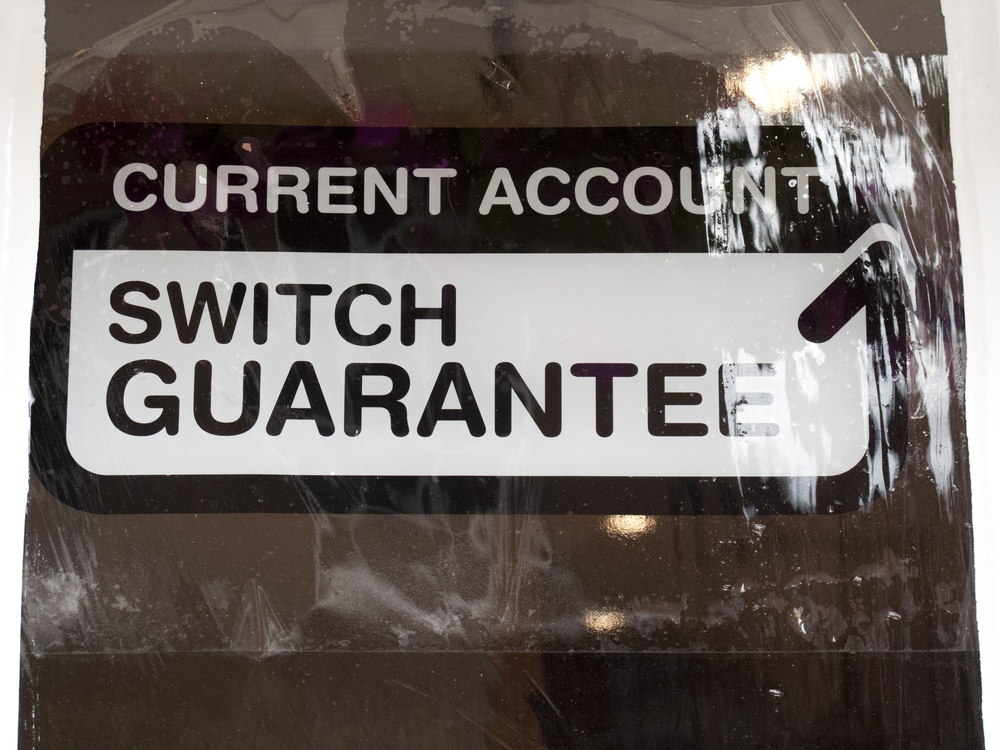Coventry Building Society has launched a Loyalty Regular Saver account paying 7% AER, but as its name suggests, you need to be a member to open the product.
The mutual’s savings account has a minimum £1 opening balance, with savers able to squirrel away up to £250 a month. It’s one account per person, including if you have a joint account.
It can be opened online, in branch, over the phone or by post, and the 7% AER/gross (variable) rate is offered for 12 months.
Based on savers depositing the maximum £250 a month at the beginning of each month, £113.87 can be earnt in interest.
However, you can access your cash, as withdrawals are allowed at any time, on any amount and without notice. But the amount you withdraw is subject to a penalty charge equal to 30 days’ interest.
After 12 months, the account matures into an Easy Access Saver (7) – a variable rate account which allows unlimited withdrawals and currently pays a rate of 3.1%.
Do you qualify for the Loyalty Regular Saver?
To be eligible to open the Loyalty Regular Saver, you need to be a member of the society, which means banking with it continuously since at least 1 January 2022.
By this, the mutual explained it includes anybody who has been named on, or linked to (e.g. attorney, registered contact etc.), a savings or mortgage product with either Coventry, ITL Mortgage Limited or Godiva Mortgages Limited.
If you’re a parent or a legal guardian managing a child’s Junior ISA, Coventry confirmed the adult can open the Loyalty Regular Saver in their own name as they have had a relationship with the society. Customers need to be at least 16 to open the account.
For those who don’t qualify, the society also offers the Regular Saver (5) account, which is open to all new and existing customers in branch, online, by post or over the phone at a rate of 5.5%. Flexible deposits of up to £500 can be made each month with no monthly minimum, and savers don’t need a linked account to qualify.
Is the Loyalty Regular Saver a market-leading rate?
Based on the product category (regular savings accounts), it’s pipped to first place by Nationwide which pays 8% AER/gross on deposits of up to £200 a month.
However, like Coventry’s offering, Nationwide’s account is only available to members, and this means savers need to have a current account in order to be eligible.
But Coventry does beat Nationwide in terms of flexibility as with the latter, a fourth withdrawal will result in the interest rate dropping to 2.15% AER/gross for the rest of the 12-month term.
First Direct also pays 7% AER/gross on its Regular Saver Account on a minimum £25 and maximum £300 a month. Like the others, you also need to hold its current account, the First Direct 1st account.
It allows any unused balance to be carried over in following months, but you need to keep the money in the account for a full year without withdrawals.
If you’re looking for high interest but want more flexibility, Metro Bank offers 5.22% AER on its Instant Access Savings (Limited Edition) account. It has a minimum £500 starting balance and can be opened in branch or online.
Alternatively, Metro Bank also leads the one-year bond category, paying 5.8% on its Fixed Term Savings Account – 1 Year on a minimum £500. There’s no access within the term.
‘Rewarding those who choose to keep saving with us’
Jonathan Wilson, senior savings propositions manager at Coventry Building Society, said: “As a member-owned organisation, we don’t have shareholders to pay. And our loyalty accounts offering exclusive rates to our two million members are a way of rewarding those who choose to keep saving with us.
“We think our new Loyalty Regular Saver will be popular with our long-standing members as it offers great value for those wanting to get into a savings habit.
“And we’ve tried to be as flexible as we can to cater for our members who want to build up their savings in different ways. Some may want to save every week, for others it may be once a month, and some might want to take a break from saving from time to time. We’ve kept the minimum balance at just £1 and there’s no limit on the number of times savers can put money in over the year, as long as it doesn’t exceed £250 in a month.”





